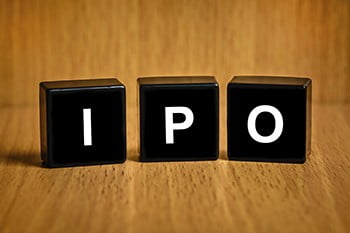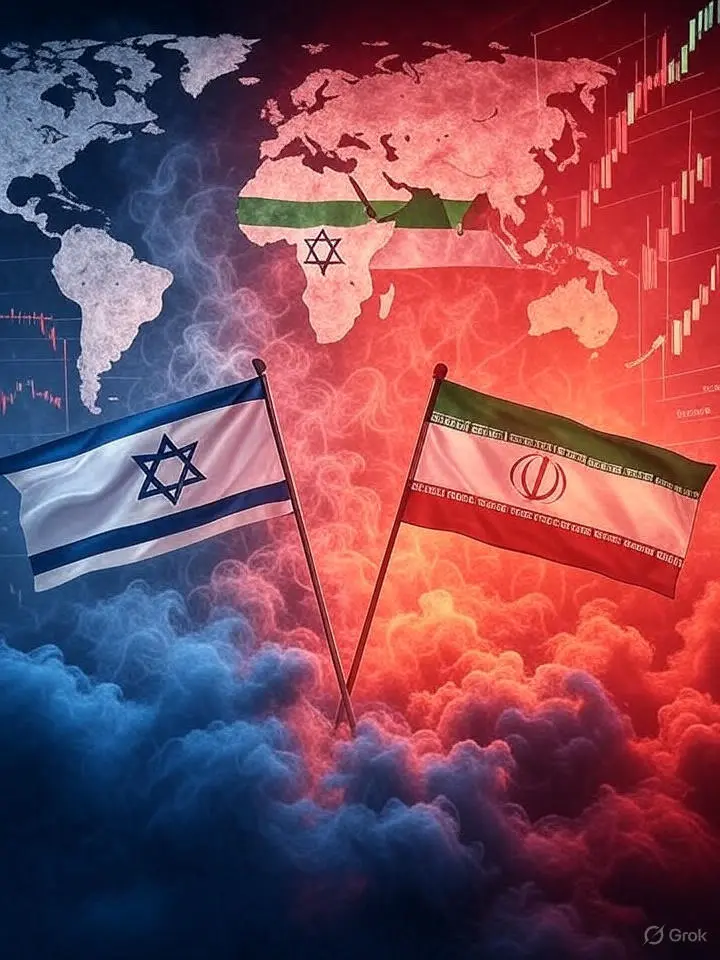
1. Who gets the money?
The whole point of an IPO is to raise funds from investors. However, the question is, who exactly will receive the money? Иногда учредители компании (they usually run the business) receive part of the proceeds from the placement, or even all means. In this case, the key question – why are they selling? In the end, they are insiders, and they are the ones who best understand the real prospects of the company. And if they decide to sell her shares, what does it say about the company's prospects? Ничего хорошего.
Actually, it's not quite true. The founding shareholders, after several years of investing efforts and funds in building a business, may want to withdraw some of the funds, например, to diversify your asset portfolio – And, возможно, buy a yacht.
Однако, for the future shareholder of the company it will be much better, if the proceeds from the placement are invested in its further development and expansion of the company. Anyway, the founders must retain a significant share of the company's shares, to keep them interested in her future.
2. Why the IPO is taking place now?
A company can sell shares to raise capital, because she needs to fund growth, or insiders, selling their share, may believe, that now is the best time to sell shares and in other situations they will no longer help out that kind of money. As in all other cases, people, who sell shares, want to sell them dear. And investors, performing in IPO, bet on it, that the company still has good growth prospects.
Who is right? The danger is, what do you buy paper at the moment, when the company is at its peak, and her affairs just couldn't be better … so, they can get worse.
3. Is the company profitable?
If it's not, let's face it: you do not invest – you speculate. It doesn't mean, that you should not participate in an IPO, but risk, related to this proposal, will be higher and you must take it into account.
4. Stocks are expensive or cheap?
Shareholders want to sell shares so dear (например, taking into account the price ratio / прибыль), as far as possible. Однако инвесторам, we specialize in IPOs, will need a low mark, so that the share price can rise in the future.
Большой вопрос – as with any comparison – what to focus on when assessing. Инвестбанки, организующие IPO, will target high-rated comparable companies, to make the shares they sell look relatively cheap. As a rule, best objects to compare – these are direct competitors, working in the same country and in the same sector and showing similar growth rates.
But even so, the issuing company will tell long stories., убеждать инвесторов, that her papers should be valued more. However, the shares, trading at a premium to other comparable shares, there will be less room for growth. This means, what if you believe the stories of the IPO organizers and buy shares at a high price, your investment will be less profitable.
5. Can you buy those stocks, who want?
To receive shares during the IPO, your broker must be one of its organizers or use links with organizing banks. Большинство брокеров, usually, придерживают бумаги (at least, they, demand for which upward supply) for their "preferred clients" – those, who invests large sums.
Therefore, underwriters and large investors, usually, goes to all the best, and private investors are content with crumbs from their table or dummy stocks. Do you really want to buy stocks on these terms??
6. What about the commissions?
Not so long ago, investment banks broke huge stocks in the IPO. Immozh get around 7% of the total amount of receipts, although the size of the commission varied depending on the volume of the transaction. As a matter of fact, it meant, that investors only 93 cents for every dollar, invested in a deal.
Fortunately for investors, it's all in the past. Сегодня комиссии инвестбанков несколько разумнее, they make up somewhere 3-5%. In terms of investment, this is not a very important factor.. However, be aware, that your broker will earn more, selling you those shares, which are only listed on the exchange, than when selling already traded securities.
7. What rights will you receive as a shareholder?
Обычно компании предлагают акционерам бумаги, entitled to vote. In the past, the principle of “one share, one vote ", однако сейчас практика меняется, especially in the technology sector.
Компания Google ( NASDAQ : GOOGL ) in 2004 did one thing for a year, which later became common practice for IPOs, – issued shares of two classes. New investors were offered Class A ordinary shares, each of them had one vote. At the same time, the founders retained class B ordinary shares., each of them accounted for 10 голосов.
Something similar was recorded by Facebook ( NASDAQ : FB ). Nevertheless, over the past months 2010 of the year Snap ( NYSE : SNAP ) at the beginning of March 2017 of the year. New investors got shares with no voting rights at all. The IPO was structured this way, that almost 90% control remained with the 27-year-old founders. You have to ask yourself, do you want to deal with companies, who take investors money, but don't give them the right to vote, вопросы корпоративного управления. Словом, if you want to participate in an IPO, first get the answers to these questions. If they turn out to be too good, most likely, they will not be too truthful.
A source: https://ru.insider.pro/investment/2017-07-17/7-voprosov-dlya-teh-kto-sobralsya-kupit-akcii-na-ipo/
